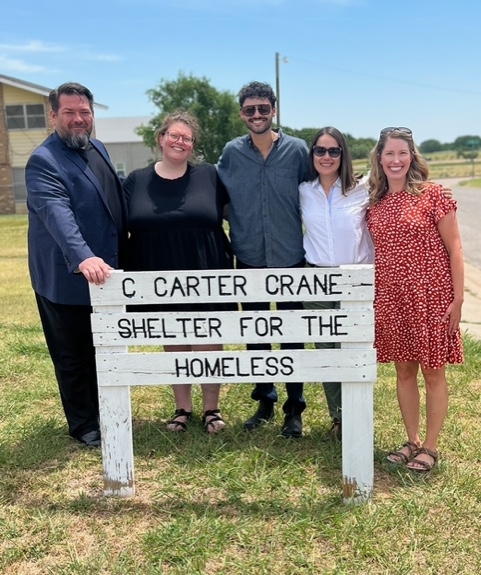Researchers at the University of Oklahoma are working with the Oklahoma Housing Finance Agency to assess services available across the state that help Oklahomans experiencing homelessness or housing insecurity.
OHFA has received one-time funding of approximately $32 million through the U.S. Department of Housing and Urban Development HOME-ARP program. OHFA’s contract with the OU team will provide research on where the funds could have the greatest impact across the state.
According to data reported to the U.S. Department of Education for the 2018-19 school year, an estimated 23,372 Oklahoma public school students experienced homelessness over the course of the year. Some experts believe the COVID-19 pandemic has caused this total to climb even higher.
The HOME-ARP program stipulates that funding from the award is used to directly support populations currently experiencing or at the greatest risk of homelessness, and that the resources be allocated based on data-driven findings for where the investment can make the greatest impacts. By working with OU, OHFA can ensure compliance with the funding requirements to distribute the funding to service and resource providers across the state.
“I commend HUD for being very specific that the right kind of people get the right kind of help,” said Darrell Beavers, the housing development programs director for the Oklahoma Housing Finance Agency. “We have to come up with an allocation plan that we will submit to HUD for their approval, and that plan has to cover a number of topics, like a consultation with stakeholders – people who are working with the homeless population, which is not something our agency regularly does.”
To help with this assessment, Beavers contacted Bryce Lowery, Ph.D., a regional and city planning associate professor in the Christopher C. Gibbs College of Architecture, who had previously worked with OHFA on a statewide housing needs research project in 2015.
Lowery is working with faculty in the Anne and Henry Zarrow School of Social Work, David McLeod, Ph.D., and Christina Miller, Ph.D., who have expertise in the intersections of social work with criminal justice and education, respectively.
“By using data-informed recommendations to better guide the allocation of resources related to homelessness and housing instability, we have an opportunity to improve multiple outcomes across the state – whether those are criminal justice outcomes, educational outcomes, health outcomes, food and security – you name it. There’s just a lot of opportunity,” McLeod said. “We know from existing research if someone doesn’t have a place to lay their head at night that their likelihood of being connected to all those other adverse experiences exponentially increases.”



